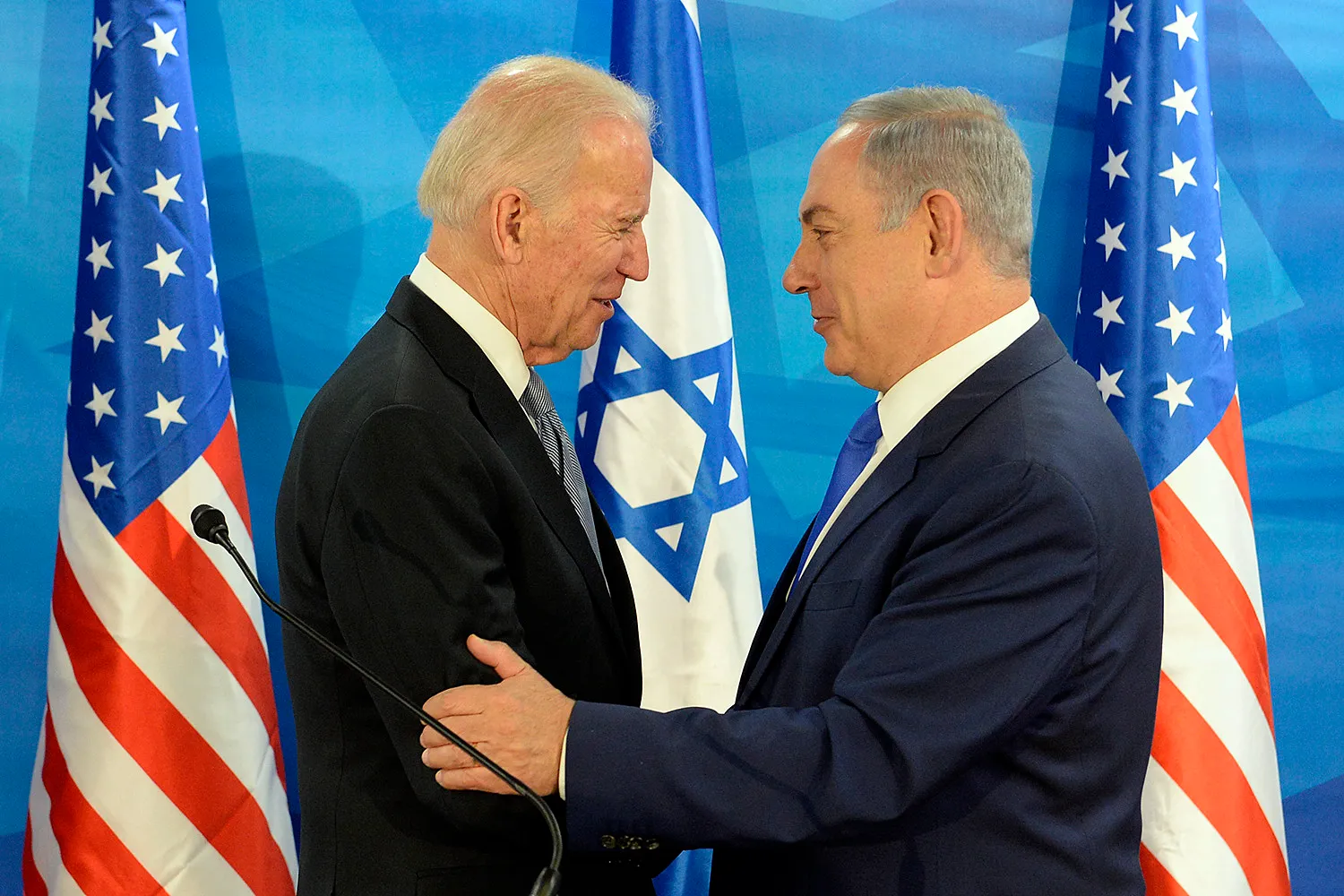Title: The Influence of Pro-Israel Groups and Their Financial Impact
Introduction
In recent years, the influence of pro-Israel groups has become a prominent topic in political discourse and media coverage. These organizations, which advocate for strong U.S.-Israel relations and support for Israeli policies, have been instrumental in shaping American foreign policy and domestic politics. A significant aspect of their influence comes from their substantial financial contributions, which amount to millions of dollars annually. This article explores the role of these pro-Israel groups, the scale of their financial impact, and the implications for both American politics and international relations.
The Power of Pro-Israel Groups
Pro-Israel organizations operate through various channels, including lobbying efforts, political donations, and grassroots mobilization. Among the most notable groups are the American Israel Public Affairs Committee (AIPAC), the Anti-Defamation League (ADL), and the Committee for Accuracy in Middle East Reporting and Analysis (CAMERA). These organizations work to promote and protect the interests of Israel and to influence U.S. policy in ways that align with their goals.
Financial Contributions and Political Influence
One of the most significant ways these groups exert influence is through financial contributions to political campaigns. Pro-Israel organizations and their affiliates have historically been major donors to U.S. politicians, especially those in key positions of power. According to various reports and data sources, these groups have contributed millions of dollars to candidates, political action committees (PACs), and party committees over the years.
For example, AIPAC, while officially a non-profit organization that does not directly contribute to campaigns, plays a crucial role in directing its members and affiliated PACs to support pro-Israel candidates. Similarly, other pro-Israel PACs, such as the Israel Political Action Committee (IPAC), have been significant donors to congressional candidates who align with their views.
Impact on Policy and Legislation
The financial clout of pro-Israel groups translates into considerable political influence. Their contributions and lobbying efforts have been pivotal in shaping U.S. policy towards Israel. This influence is evident in various legislative actions, such as the approval of military aid packages, support for diplomatic initiatives, and the endorsement of policies that favor Israeli interests.
For instance, the U.S. has consistently provided substantial military aid to Israel, with annual packages often exceeding $3 billion. This support is partly a result of lobbying and advocacy by pro-Israel groups, which argue that such aid is crucial for maintaining stability in the Middle East and supporting a key ally.
Public Perception and Controversies
The financial influence of pro-Israel groups has not been without controversy. Critics argue that the substantial contributions from these organizations can lead to disproportionate influence over American foreign policy and undermine democratic processes. There are concerns that this financial power can skew policy decisions in favor of Israel, sometimes at the expense of other international considerations or humanitarian concerns.
Supporters of pro-Israel groups, on the other hand, argue that their advocacy is a legitimate part of the democratic process. They contend that these organizations play a vital role in fostering strong U.S.-Israel relations and promoting shared values and interests. They also emphasize that political contributions are a standard practice in American politics and are not unique to pro-Israel groups.
Conclusion
The millions of dollars contributed by pro-Israel groups underscore their significant role in American politics and policy-making. Their financial support for candidates and political causes demonstrates the depth of their commitment to influencing U.S. policy in favor of Israeli interests. While this influence has led to strong U.S.-Israel relations and substantial aid packages, it also raises important questions about the intersection of money, politics, and foreign policy.
As the debate over the role of money in politics continues, the impact of pro-Israel groups will likely remain a key area of discussion. Understanding the dynamics of their financial contributions and their effects on policy decisions is crucial for comprehending the broader landscape of American foreign policy and the influence of special interest groups in democratic processes.
